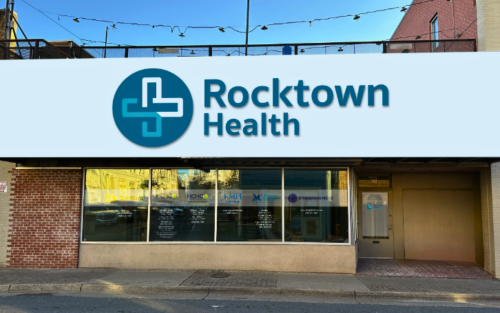
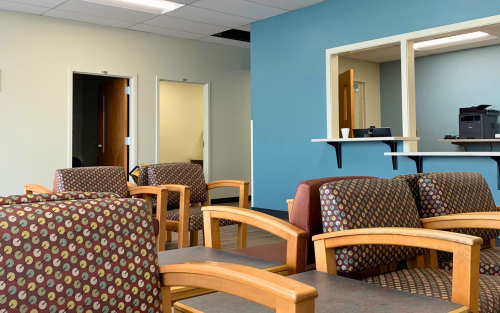
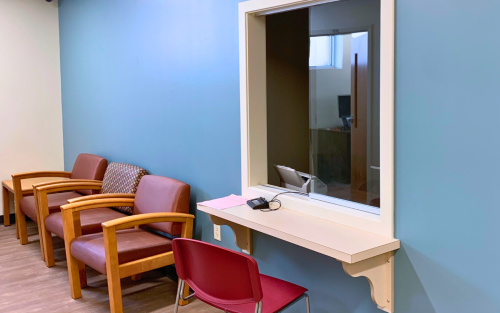



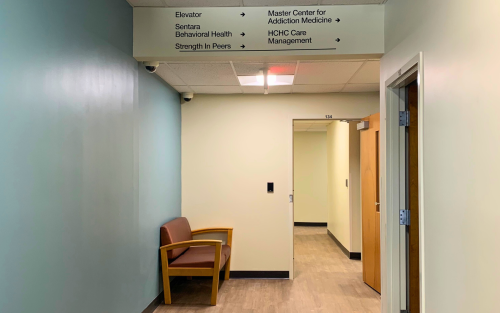
Master Center - Harrisonburg
Verified Center
This provider's information has been quality-checked by Recovery.com's Research Team for accuracy and completeness, including center verification through appropriate third-party organizations.
Treatment Focus
This center primarily treats substance use disorders, helping you stabilize, create relapse-prevention plans, and connect to compassionate support.
Primary Level of Care
Outpatient treatment offers flexible therapeutic and medical care without the need to stay overnight in a hospital or inpatient facility. Some centers offer intensive outpatient program (IOP), which falls between inpatient care and traditional outpatient service.
Treatment Focus
This center primarily treats substance use disorders, helping you stabilize, create relapse-prevention plans, and connect to compassionate support.
Primary Level of Care
Outpatient treatment offers flexible therapeutic and medical care without the need to stay overnight in a hospital or inpatient facility. Some centers offer intensive outpatient program (IOP), which falls between inpatient care and traditional outpatient service.
Provider's Policy
Master Center accepts most major insurance plans and will help clients and their loved ones navigate coverage options and available benefits.
Master Center - Harrisonburg
Master Center - Harrisonburg
About Master Center - Harrisonburg
At Master Center for Addiction Medicine - Harrisonburg, each client receives medical care led by an addiction specialist, counseling from experienced therapists, and guidance from a peer recovery coach. They offer ambulatory detox, medication-assisted treatment (MAT), and an intensive outpatient program. With a hybrid model combining telehealth and in-person care, Master Center has helped over 10,000 clients access high-quality treatment on their path to recovery. They accept most major insurance plans, including Medicaid, Medicare, and Tricare, and offer self-pay options with potential discounts and payment plans.
Blend Virtual & In-Person Support
Master Center’s hybrid model combines the flexibility of virtual care with in-person visits, typically starting with a thorough on-site intake to help their team create a custom treatment plan for each client. Most programming is delivered virtually, but clients can see providers face-to-face more often if they prefer. No matter the format, Master Center offers consistent, compassionate care that feels like a warm hug—not a cold system.
Bring Therapy Lessons Into Real Life
In addition to supporting physical well-being through detox and MAT, clients in the intensive outpatient program (IOP) attend to emotional health through one-on-one and group therapy sessions to better understand the problems they are trying to overcome. The IOP blends education, therapy, and real-world application, helping clients build recovery skills they can begin using immediately in everyday life. Clients attend 3-hour group therapy sessions 4 times a week.
Be Well Prepared to Prevent Relapse
Master Center’s Sustained Recovery Program treats relapse as a process, not a single event. Clients learn to recognize early warning signs and practice prevention strategies for each stage. Through ongoing assessments, recovery coaching, social support services, and peer-based models, the program helps clients adjust their goals, strengthen relapse prevention skills, and stay engaged in long-term recovery with a focus on awareness, accountability, and support.

Highlights from the Center
Highlights
These highlights are provided by and paid for by the center.
Customized Treatment Plans
Medically Assisted Detox
Trauma-Informed Care
Tech Friendly
Center Overview
Treatment Focus
This center primarily treats substance use disorders, helping you stabilize, create relapse-prevention plans, and connect to compassionate support.
Joint Commission Accredited
The Joint Commission accreditation is a voluntary, objective process that evaluates and accredits healthcare organizations (like treatment centers) based on performance standards designed to improve quality and safety for patients. To be accredited means the treatment center has been found to meet the Commission's standards for quality and safety in patient care.
Insurance Accepted
Cash Pay Rates
Estimated Cash Pay Rate
Center pricing can vary based on program and length of stay. Contact the center for more information. Recovery.com strives for price transparency so you can make an informed decision.
Meet Your Care Team
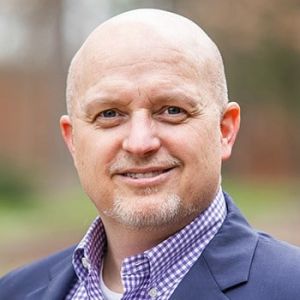
Dr. James Thompson
Founder and Chief Medical Officer

Anna McKean
Chief Executive Officer

Dr. Andreas Bienert
Chief Clinical Officer
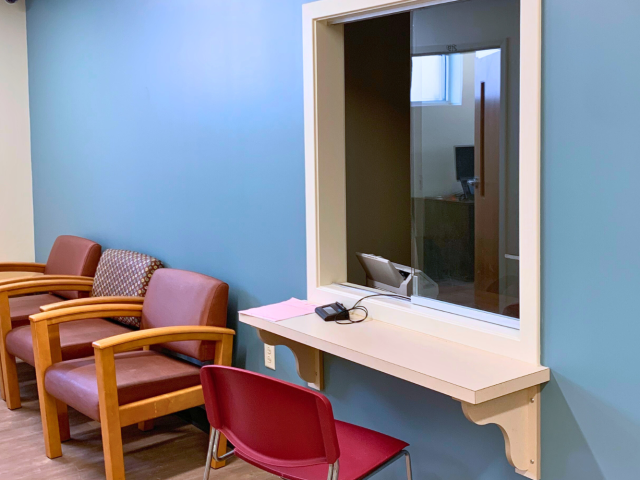
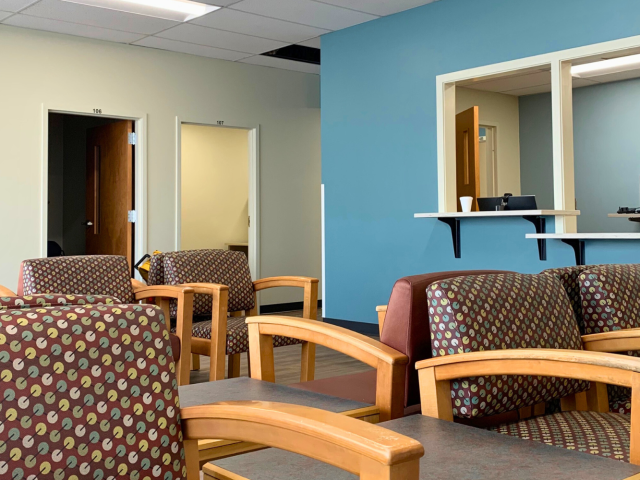
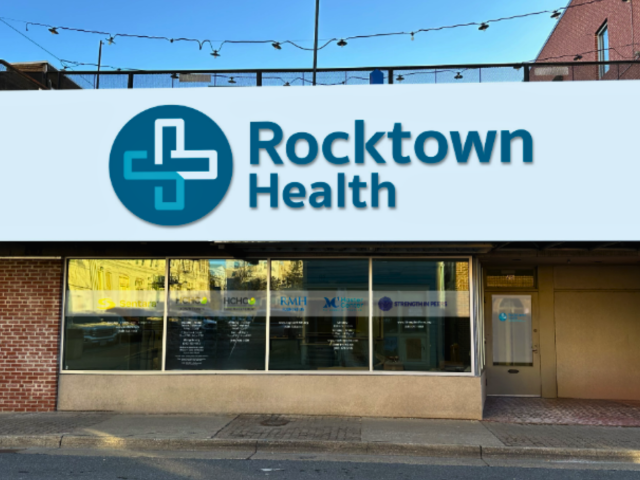
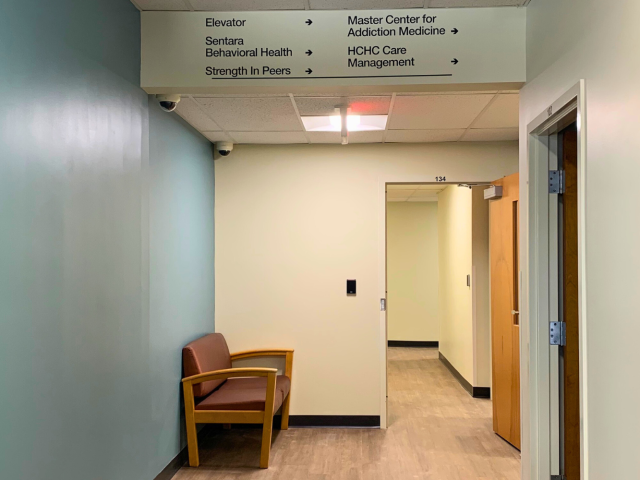
Levels of Care






Your Care Options
Specializations
Alcohol
Using alcohol as a coping mechanism, or drinking excessively throughout the week, signals an alcohol use disorder.
Drug Addiction
Drug addiction is the excessive and repetitive use of substances, despite harmful consequences to a person's life, health, and relationships.
Medication-Assisted Treatment
Combined with behavioral therapy, prescribed medications can enhance treatment by relieving withdrawal symptoms and focus patients on their recovery.
Who We Treat
Men and Women
Men and women attend treatment for addiction in a co-ed setting, going to therapy groups together to share experiences, struggles, and successes.
Approaches
Evidence-Based
A combination of scientifically rooted therapies and treatments make up evidence-based care, defined by their measured and proven results.
Individual Treatment
Individual care meets the needs of each patient, using personalized treatment to provide them the most relevant care and greatest chance of success.
Medical
Medical addiction treatment uses approved medications to manage withdrawals and cravings, and to treat contributing mental health conditions.
Therapies
1-on-1 Counseling
Patient and therapist meet 1-on-1 to work through difficult emotions and behavioral challenges in a personal, private setting.
Eye Movement Therapy (EMDR)
Lateral, guided eye movements help reduce the emotional reactions of retelling and reprocessing trauma, allowing intense feelings to dissipate.
Medication-Assisted Treatment
Combined with behavioral therapy, prescribed medications can enhance treatment by relieving withdrawal symptoms and focus patients on their recovery.
Music Therapy
Singing, performing, and even listening to music can be therapeutic. Music therapy sessions are facilitated by certified counselors.
Psychoeducation
This method combines treatment with education, teaching patients about different paths toward recovery. This empowers them to make more effective decisions.
Relapse Prevention Counseling
Relapse prevention counselors teach patients to recognize the signs of relapse and reduce their risk.
Substances We Treat
Alcohol
Using alcohol as a coping mechanism, or drinking excessively throughout the week, signals an alcohol use disorder.
Benzodiazepines
Benzodiazepines are prescribed to treat anxiety and sleep issues. They are highly habit forming, and their abuse can cause mood changes and poor judgement.
Cocaine
Cocaine is a stimulant with euphoric effects. Agitation, muscle ticks, psychosis, and heart issues are common symptoms of cocaine abuse.
Drug Addiction
Drug addiction is the excessive and repetitive use of substances, despite harmful consequences to a person's life, health, and relationships.
Ecstasy
Ecstasy is a stimulant that causes intense euphoria and heightened awareness. Abuse of this drug can trigger depression, insomnia, and memory problems.
Heroin
Heroin is a highly addictive and illegal opioid. It can cause insomnia, collapsed veins, heart issues, and additional mental health issues.
Psychedelics
Hallucinogenic drugs—like LSD—cause euphoria and increased sensory experiences. When abused, they can lead to depression and psychosis.
Methamphetamine
Methamphetamine, or meth, increases energy, agitation, and paranoia. Long-term use can result in severe physical and mental health issues.






